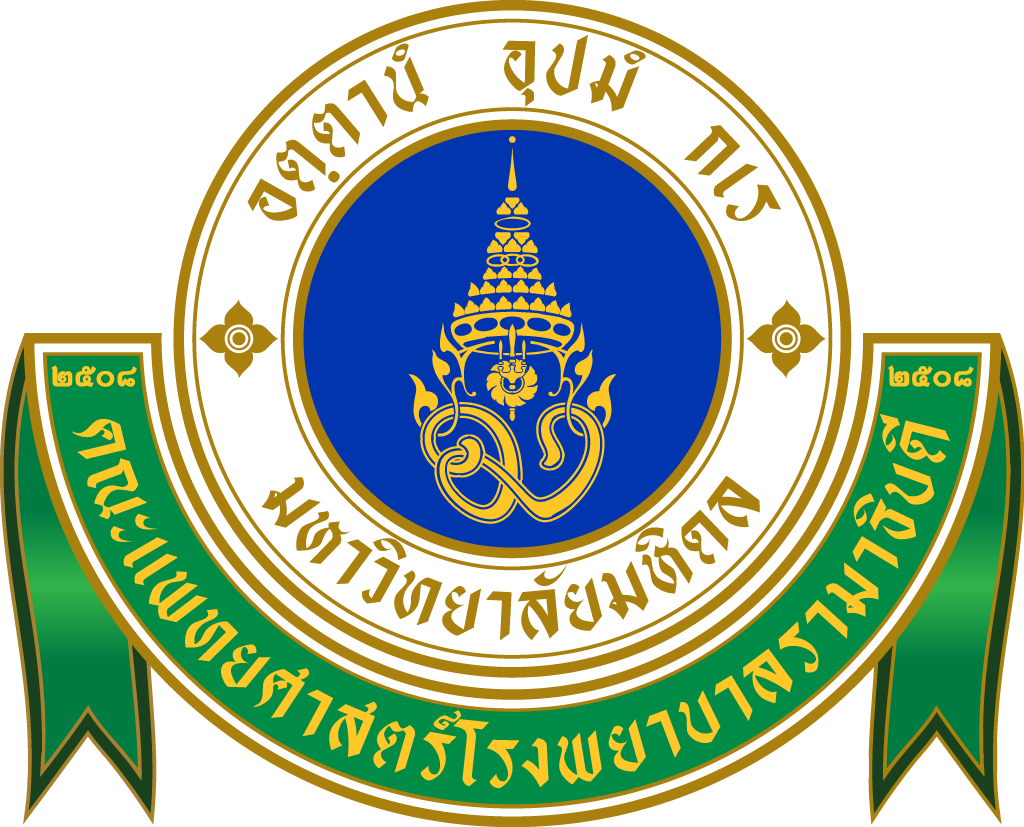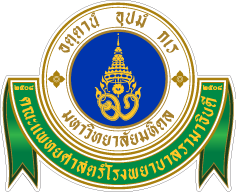

Declaration of Patient’s Rights and Duty
For the patients’ greatest benefits and cooperation with healthcare personnel, the Medical Council, Nurse Council, Pharmacist Council, Dentist Council, and Medical Licensing Committee of Thailand have announced the patient rights on August 12, 2015 as below:
1. Every patient has the rights under the constitution law to receive basic medical care.
2. Except in emergency, every patient has the rights to know sufficient information regarding her/his sickness from the healthcare personnel in order to decide to allow any treatment from the healthcare personnel.
3. In life threatening situation, every patient has the rights to receive needed treatments from healthcare personnel regardless the patient’s request.
4. Every patient has the rights to know the name, surname, and profession of the healthcare personnel in charge.
5. Every patient has the rights to get second or more opinion from other healthcare personnel, and she/he has the rights to change her/his healthcare provider.
6. Unless the patient’s permission or approved legal authorization, healthcare personnel cannot disclose the patient’s information.
7. In order to be in a medical trial/experiment or not, every patient has the rights to know thorough information.
8. Per her/his request, every patient has the rights to know the information in her/his medical records. However, she/he cannot infringe the rights of others.
In the case of a child under 18 years old or a patient with limited mentality, her/his father, mother, or legal guardian can exercise her/his patient rights.
*Patient’s Duty*
1. Patients must inquire to fully understand all information given to the patients including possible risks prior to accepting or declining diagnosis or treatment.
2. Patients must disclose accurate and complete information regarding their health to related healthcare personnel in the course of treatment.
3. Patients must cooperate with and follow advice given by their healthcare personnel in the course of treatment and immediately inform if they failed to do so.
4. Patients must cooperate and follow the rules and regulations of the hospital.
5. Patients must have respect and politeness towards healthcare personnel, other patients, as well as visitors and avoid causing disturbance.
6. Patients must inform of their healthcare rights and/or privilege along with related documents to the healthcare personnel and to related hospital officers.
7. Patients must acknowledge the following information regarding the medical profession;
7.1 Healthcare personnel who work according to standard and moral are legally protected by the law and have rights to be protected from any unjust accusations.
7.2 “Medical Profession” is defined as modern medicine that has been scientifically proven that gives more benefits than not to the patients.
7.3 Medical profession is unable to diagnose, prevent, or cure every diseases or conditions.
7.4 Every type of treatments may have unexpected risks and/or side effects. Any unexpected incidents can occur even under greatest care provided by the medical personnel.
7.5 Screening, diagnosis, and follow-ups can have variations due to limitations of technology and other uncontrollable factors.
7.6 Healthcare personnel has the right to select the type of treatment according to their knowledge, capability, and limitations including but not limited to consultations and transfers when deemed appropriate for the patients’ highest benefits.
7.7 Except in emergency, medical personnel may give advice or transfer patients to receive treatment accordingly for the patients’ benefits.
7.8 The concealment of health information can affect the course of medical treatment.
7.9 Hospital’s emergency rooms are reserved for emergency and life-threatening cases.

